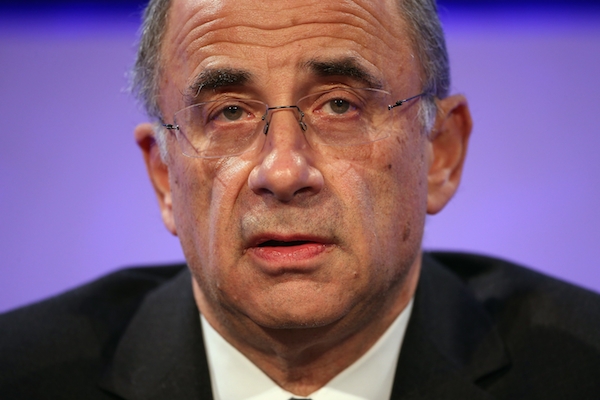It shouldn’t come as a shock that Lord Justice Leveson thinks the relationship between politicians and the press is ‘too close’. And he doesn’t think it’s a good thing, stating simply: ‘I do not believe this has been in the public interest.’ (Though he does say: ‘I am, of course, conscious of the limited extent to which the Liberal Democrat party (and its predecessors) have, in practice, fitted within that description.’) Leveson puts three specific allegations at the door of politicians:
- They ‘have spent a surprisingly large amount of time, attention and resource on this relationship in comparison to, and at the expense of, other legitimate claims in relation to their conduct of public affairs.’
- ‘in conducting their relationship with the press, politicians have not always maintained, with adequate rigour, appropriate boundaries between the conduct of public affairs and their private or personal interests.’
- ‘politicians have failed to conduct their relationship with the press with sufficient transparency and accountability from the point of view of the public.’
To clean this up, Leveson recommends that best of disinfectants: sunshine. He wants senior politicians to regularly publish details of their meetings with senior journalists, and to give an approximation of how often they phone, text or email them:
‘I recommend that Leaders, Ministers and Front Bench Opposition spokesmen consider publishing:
(a) the simple fact of long term relationships with media proprietors, newspaper editors or senior executives which might be thought to be relevant to their responsibilities; and
(b) on a quarterly basis:
(i) details of all meetings with media proprietors, newspaper editors or senior executives, whether in person or through agents on either side, and the fact and general nature of any discussion of media policy issues at those meetings; and
(ii) a fair and reasonably complete picture by way of general estimate only, of the frequency or density of other interaction (including correspondence, phone, text and email) but not necessarily including content.’
But, as George Eaton has already set out, Leveson does not recommend a ban on ‘off-the-record’ briefings. What he does say — with regards to police briefings to journalists — is simply:
‘The term “off-the-record briefing” should be discontinued. The term “non-reportable briefing” should be used to cover a background briefing which is not to be reported, and the term “embargoed briefing” should be used to cover a situation where the content of the briefing may be reported but not until a specified event or time. These terms more neutrally describe what are legitimate police and media interactions.’






Comments